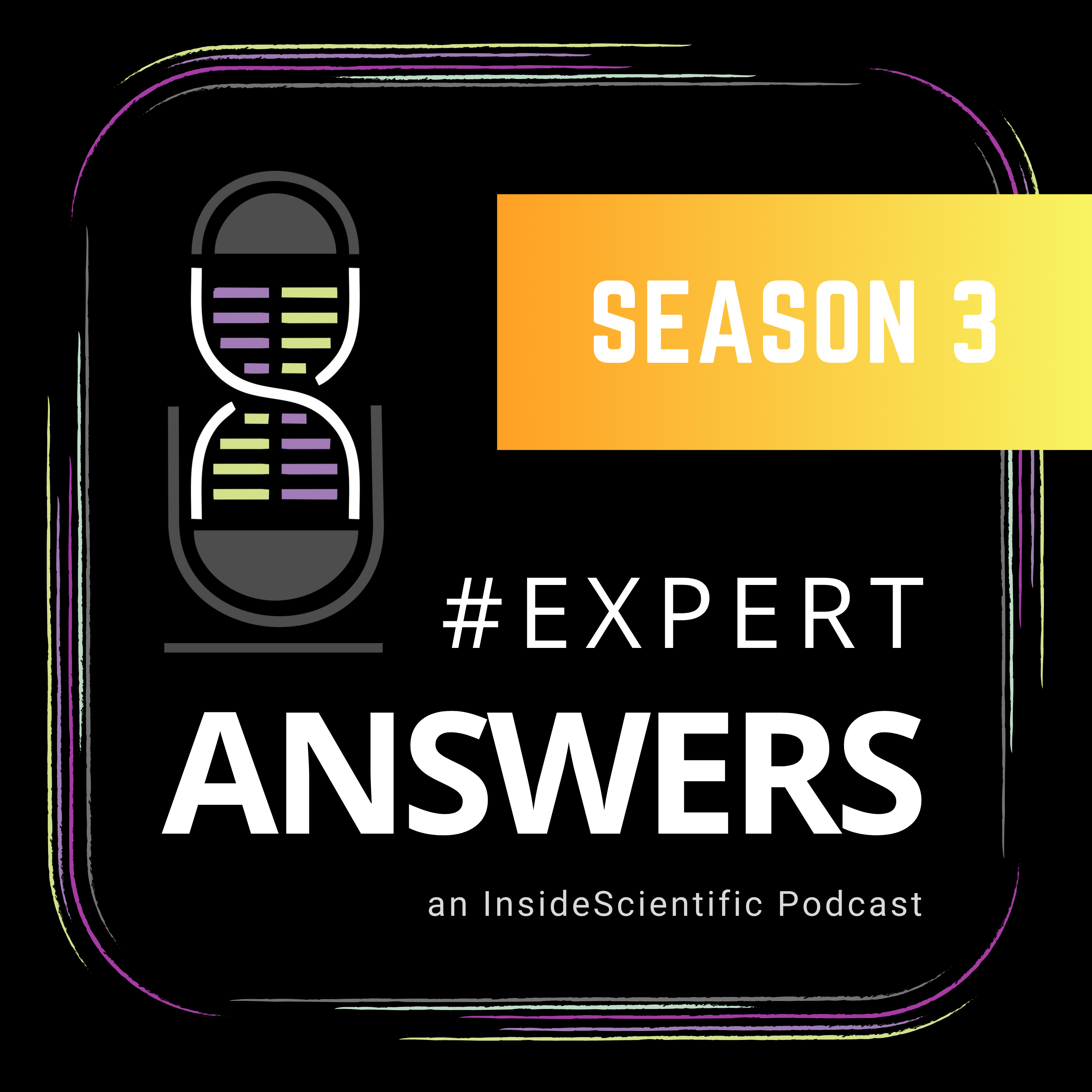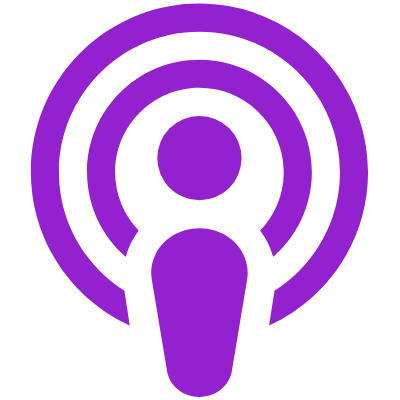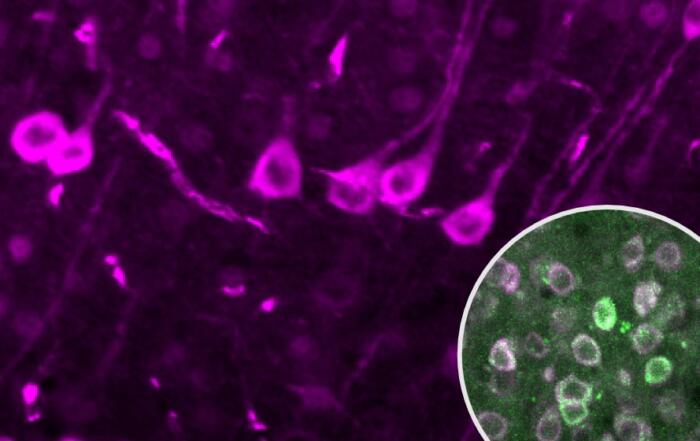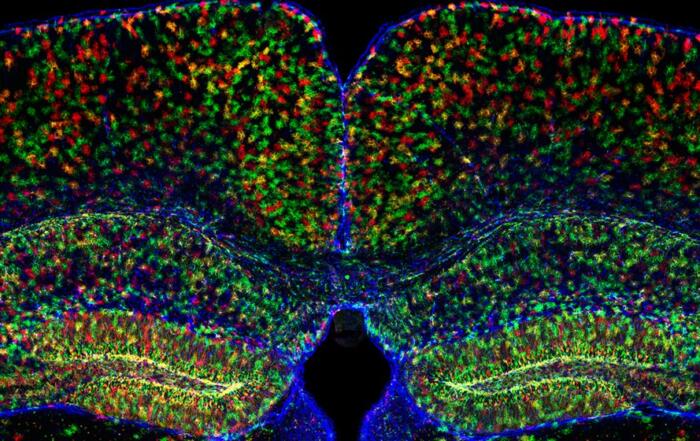
Airdate: Tuesday, June 28, 2016 Season: 3 Episode: 5
Guest: Róbert Kovács
This episode of #ExpertAnswers features Róbert Kovács, Research Associate, Department of Aquaculture, Szent István University. He is here to discuss novel methods for quantitative characterization of zebrafish social interactions and locomotor activity.
For more information or to watch the webinar, click here.
Associated Webinar: Studying Social Behavior and Locomotor Activity in Zebrafish
Similar Podcasts
#ExpertAnswers: Fan Wu and Lidor Spivak on Electrophysiological Data Analysis using Artificial Intelligence
Fan Wu and Lidor Spivak discuss automating electrophysiological data analysis using artificial intelligence and introduced a new cloud-based platform applying these methods.
Industry Insights with Trent Lund on the ANY-maze Operant Interface
Trent Lund shares the latest and greatest developments in the ANY-maze Operant Interface, and gives us insight on how Stoelting has created the most inclusive line of neuroscience equipment in the industry.
#ExpertAnswers: Michael Long and Kari Hoffman on Electrophysiology
Michael Long and Kari Hoffman investigate the neural mechanisms of learning, memory, and behavior using high-density silicon probes from Diagnostic Biochips in small and large animals.
Related Content
Spatiotemporal Dynamics of Calcium and Neurotransmitters in Awake Mouse Models of Epilepsy
In this webinar, Dr. Vincent Magloire and Dr. Ken Berglund present their work on the spatiotemporal dynamics of neurotransmitter and calcium imaging during seizure evolution in awake head-fixed mice and models of epilepsy.
Calcium Signaling in Neurons and Glia in the Mouse Brain During Exploratory Behavior
In this webinar, Alexey Semyanov, PhD, and Amit Agarwal, PhD, present their work on activity and calcium signaling in neurons, astrocytes, and oligodendrocyte precursor cells (OPCs) during exploratory locomotion behavior in awake and head-fixed mice.
Cellular Brain Repair for Parkinson’s Disease: Is the Answer in the (Biomaterial) Matrix?
Hear Eilís Dowd, PhD highlight her lab's recent data demonstrating that dopaminergic cell replacement in the Parkinsonian rodent brain, using both fetal and induced stem cell-derived cells, is enhanced when the cells are transplanted in a neurotrophin-enriched collagen hydrogel.










